The Aspinall Foundation
What We Do
In Madagascar, the Aspinall Foundation implements effective, targeted conservation programs to protect a small number of high priority lemur species, including Greater Bamboo lemurs, Black-and-white Ruffed lemurs and Indri. We partner with local communities to address the conservation of both the species themselves and their habitat. The Aspinall Foundation has worked in both the eastern rainforests and the western dry forests of Madagascar.
How We Protect Lemurs And Other Wildlife
Our work has been key to helping save several Critically Endangered lemur species from extinction, by using effective, targeted conservation actions on a small number of high priority lemur species.
Habitat protection is key to the foundation’s work, and is integrated into many of our programs through our innovative partnerships with local community organizations.
Additionally, data collected by the Aspinall Foundation helps guide environmental policy. This has ensured that Black-and-white ruffed lemurs are now recognized as a priority species by Malagasy authorities. The information collected has shown how endangered these target species are. If we hadn’t collected this data it would be hard to get an accurate estimate of population sizes and threats against the species.
What Lemur Species We Protect
The programs implemented by The Aspinall Foundation have been helping to protect the following species:
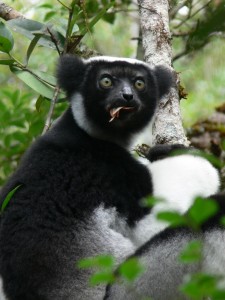
An Indri (Indri indri), copyright Tony King Aspinall Foundation
- Black-and-white ruffed lemurs (Varecia variegata)
- Crowned sifaka (Propithecus coronatus)
- Diademed sifaka (Propithecus diadema)
- Mongoose lemur (Eulemur mongoz)
- Greater bamboo lemurs (Prolemur simus)
- Indri (Indri indri)
Greater Bamboo Lemurs (Prolemur simus)
Since 2008, the Aspinall Foundation has been working in eastern Madagascar to save greater bamboo lemurs, one of the rarest primates in the world. Thanks to their work, they have been able to discover new populations of this species, implement community-based conservation projects at ten new sites, and create the first-ever, community-managed site designed specifically to protect greater bamboo lemurs. At this community-managed site, they monitor over 30 lemur groups and 500 individuals on a weekly basis, which have helped remove greater bamboo lemurs from the 25-most-endangered primates list!
Black-and-White Ruffed Lemurs (Varecia variegata)
Since 2013, the Aspinall Foundation has been working in eastern Madagascar with conservation programming targeted at saving black-and-white ruffed lemurs. Thanks to their efforts, three new populations of the species have been discovered! Two populations of black-and-white ruffed lemurs are now protected and monitored annually.
The Aspinall Foundation plans to continue working to protect this species throughout its range and to develop conservation programs that help ensure its long-term survival.
How We Support Local Communities
Partnering with local communities
The Aspinall Foundation has a long-term commitment to the community. All of Aspinall’s projects are community-based and support the local community associations that conserve the local forest habitats identified as priority sites for target lemur species. Our work builds the capacity of these communities so that they can conserve their forests and local lemur populations for many years to come.
The Aspinall Foundation partners with local communities at every project site.
- We partnered with six local community associations and one private land-owner in eastern Madagascar to save the greater bamboo lemur
- Since 2010, we supported three local community associations in eastern Madagascar (Andriantantely) and hired over 15 rangers to monitor and protect lemurs and their habitats
- In Andriantantely, our work is supported by a community-based management agreement that sets the foundation for local communities to manage their own forests sustainably
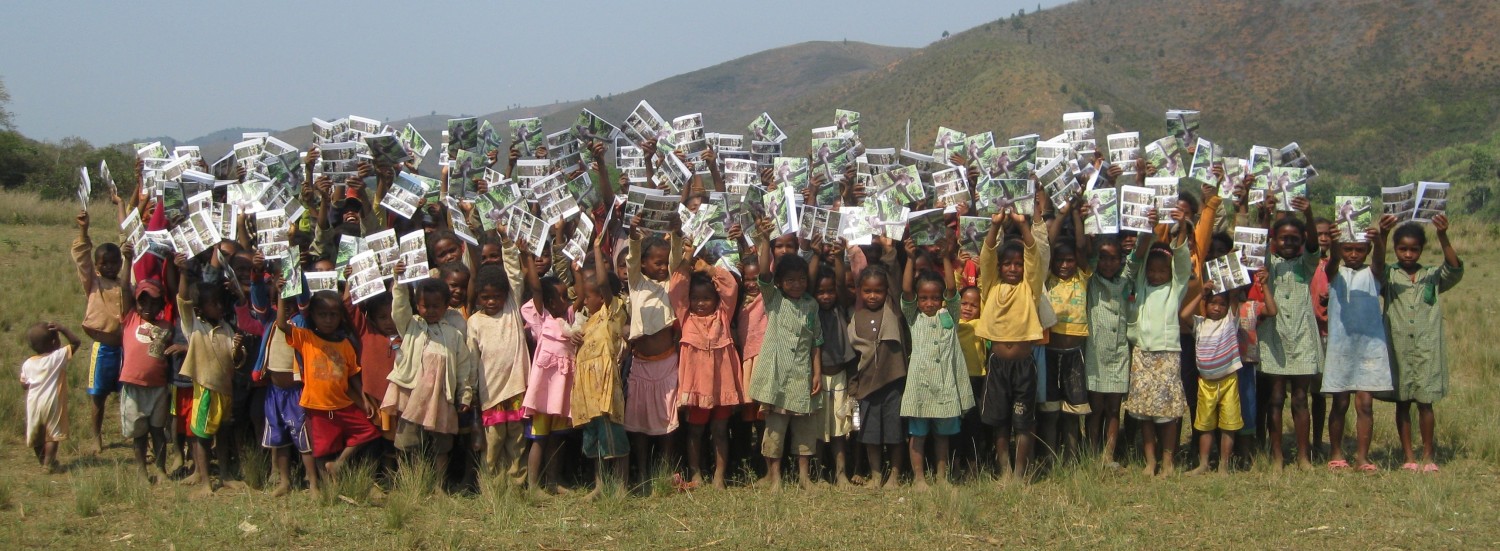
Lemur notebook distribution by Lucien Randrianarimanana.
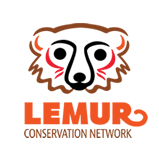

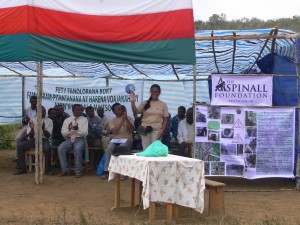
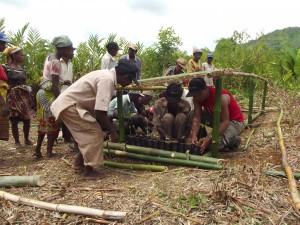
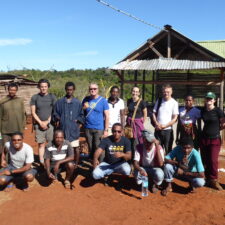
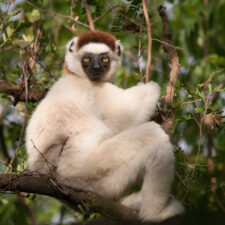
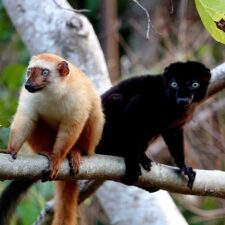
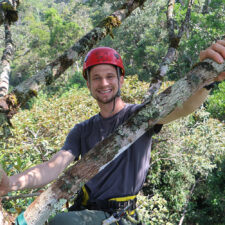
Comments are closed.